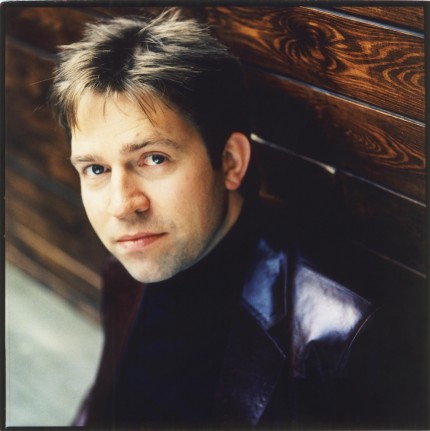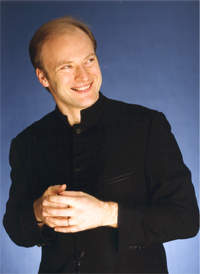Andsnes’ memorable Brahms blends intimacy and bravura with CSO

This week’s retooled Chicago Symphony Orchestra program was made less venturesome than that originally intended by the ailing Riccardo Muti. Edgard Varese’s Arcana was jettisoned for the more populist Polovtzian Dances, yet the primary attraction remained on the bill, the extraordinary Leif Ove Andsnes in Brahms’ Second Piano Concerto.
Thursday night’s concert also gave audiences a second look at conductor Gianandrea Noseda—subbing for his convalescing compatriot—who made a favorable CSO debut last season.
Yet it was Andsnes as soloist who delivered the clear highlight of the evening. Brahms’ sprawling keyboard opus is so often played for brawny power and virtuosity that the work’s intimacy and more subtle qualities often tend to get lost in the blizzard of notes.
For all its vastness and scale–four movements and nearly fifty minutes in length–the mighty Second Concerto is really Brahms’ Mozartian work—bigger, heavier and more Germanic, to be sure, with undeniable dramatic moments. But the Second Concerto is imbued with a quicksilver spirit, lyric intimacy and optimistic lightness only infrequently glimpsed in Brahms’ other symphonic works.
Few keyboard artists wear such imposing technical facility as lightly as Andsnes, and the gifted Norwegian pianist distilled the essence of the concerto, launched with an evocative solo horn by Daniel Gingrich. Others have brought more heft and intensity to the opening movement but Andsnes kept the music in scale, with playing taut and dramatic without inflating its dimensions. The Scherzo, by contrast, was notably impassioned, with fiery support by Noseda and the orchestra.
Yet it was the celebrated Andante that proved the high point of the performance Thursday night. John Sharp’s beautifully burnished cello solo and sensitive oboe work by Michael Henoch set the stage for Andsnes’ gentle rumination in the music. The sudden outburst in the middle was incisively etched, yet the return to the hushed introspection was made to seem inevitable with uncommonly refined and inward playing by the pianist, Sharp and colleagues. The finale provided the right sense of release, here given a driven and dynamic impetus by Andsnes that made for a more bravura and satisfying coda than usual. The close-knit accompaniment of the CSO under Noseda was like chamber music writ large, attentive to their soloist while also conveying the grandeur of the outer movements.

Noseda made his CSO debut last season with a powerhouse rendition of Rachmaninoff’s First Symphony—amazingly the work’s belated CSO premiere—and the Italian conductor showed a similar idiomatic touch with the two Russian works that made up the rest of the program.
Stravinsky’s Divertimento is a suite from his ballet The Fairy’s Kiss, in which the composer mined several of Tchaikovsky’s lesser known songs and solo piano pieces. Yet rather than pastiche, the result is a delightful hybrid, with Stravinsky’s iridescent and affectionate homage ingeniously drawing inspiration from Tchaikovsky’s melodies.
Noseda led a generally vital and alert account, though his fleet tempos and tense style didn’t always convey much of the music’s charm. There was grace and personality in abundance, however, from the orchestra members, from the stellar corporate horn work to the lovely duetted passages by John Sharp’s cello and John Bruce Yeh’s clarinet.
Noseda seemed more in his excitable element in the Polovtzian Dances from Borodin’s opera, Prince Igor. This souped-up showpiece is pops-ian stuff for a subscription program but with playing on this level it’s hard to kvetch— much. Eugene Izotov’s freshly spun oboe solo even scraped the accumulated detritus from the “Stranger in Paradise” theme and Noseda and the CSO put across the brilliance and kaleidoscopic hues of Borodin’s dances with ample swagger, the players somehow managing to keep the train on the tracks in Noseda’ s breathless tempo for the final section.
The program will be repeated 8 p.m. Friday and Saturday. cso.org; 312-294-3000.
Posted in Uncategorized

